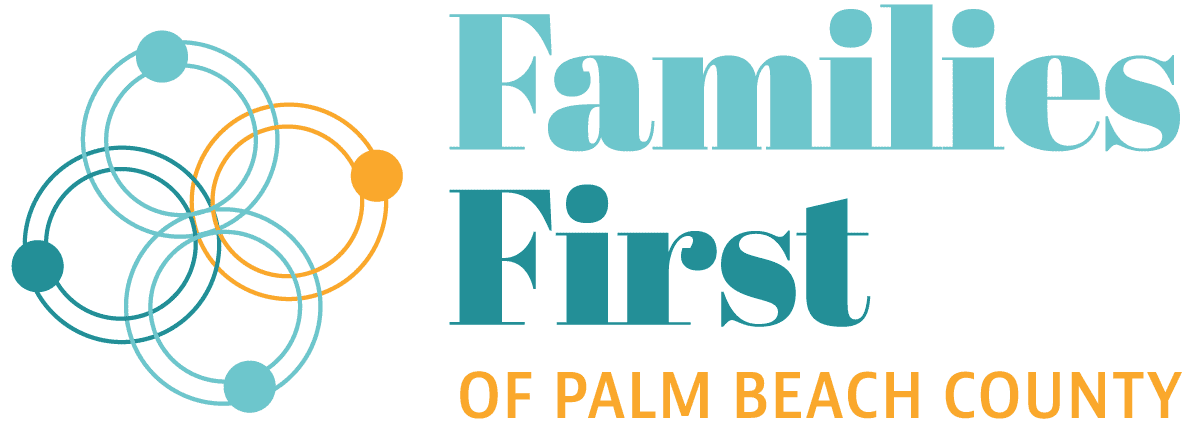A Message
from CEO Julie Swindler, LCSW
Addressing Children’s Behavioral Health Early Is Crucial
Since 1990, Families First has prided itself in responding to the changing needs of our community. So, when over the past decade we noted the fact that mental health and behavioral health issues are clouding the lives of many children and their families, we knew we had to get even more involved. And we need to do so in a child’s early years before behavioral or emerging mental health issues become a life-long challenge affecting school performance, family life, and relationships.
Mental health disorders are the most common diseases of childhood. Of the 74.5 million children in the U.S., an estimated 17.1 million have or have had a psychiatric disorder — more than the number of children with cancer, diabetes, and AIDS combined. The most common childhood mental disorders are anxiety disorders, depression, and attention deficit hyperactivity disorder (ADHD). Although less common, developmental disorders and psychotic disorders in children can have a lifelong impact on the child and his or her family. (NIMH 2017)
When a parent, teachers and others wonder whether a child’s behavior is just a normal stage of development or something more serious, it is better to err on the side of caution and seek out an evaluation. Prevention remains the greatest alternative to future life failure, tragedy and costly lifelong services.
In all our programs and services, prevention and early intervention are our goals – both to minimize effects on the child and family and to save us all the future costs of poor outcomes, such as involvement with the criminal justice system, dependency system, school failure, and ongoing health and mental health issues.
While we agree that there needs to be an emphasis on mental health services in general, we continue to emphasize that the earlier the better. While the tragic headlines of school shootings prompt calls for more scrutiny of teens showing signs of aberrant behavior and recognizing those signs, many of those signs first appear even in early childhood. That’s why we need to reach them in these early years.
In 2014, Families First added Behavioral Health to our services, employing highly skilled clinicians and working with other organizations in the community to identify children and their families most in need of these services. We work as part of a five-agency collaborative, as well as with Communities In Schools and Achievement Centers for Children and Families to change the life trajectory of children, beginning with the preschool years.
We rely on families, on teachers, on other professionals, and our communities to identify children and their families needing services. Our results so far show school performance improves, family dynamics improve, and the child’s behavior gets high marks from teachers and families. All of this has an impact on the child’s life trajectory – greatly increasing chances that it will lead to healthy and successful adulthood.
